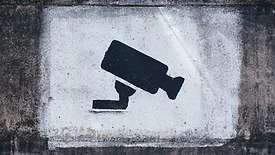Home » consumer protection
Articles Tagged with ''consumer protection''
Anti-scraping policies and data privacy
Listen to Oded Anderman, Program Manager at Meta, in this podcast episode.
September 6, 2023
Sign-up to receive top management & result-driven techniques in the industry.
Join over 20,000+ industry leaders who receive our premium content.
SIGN UP TODAY!Copyright ©2026. All Rights Reserved BNP Media.
Design, CMS, Hosting & Web Development :: ePublishing
.webp?height=168&t=1702585768&width=275)






.webp?height=168&t=1684781370&width=275)

